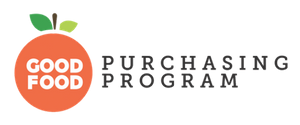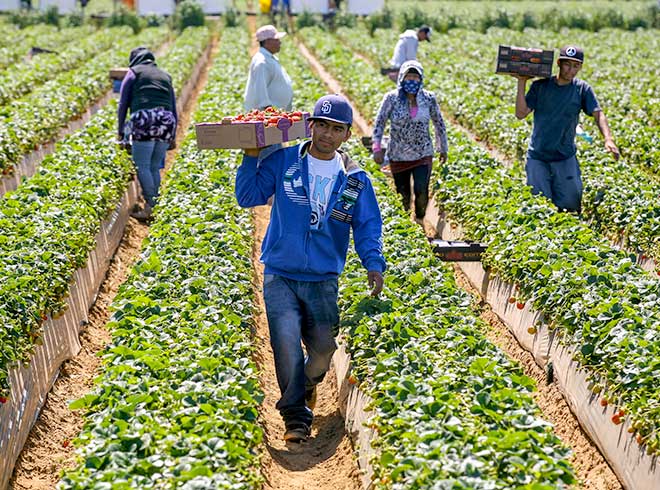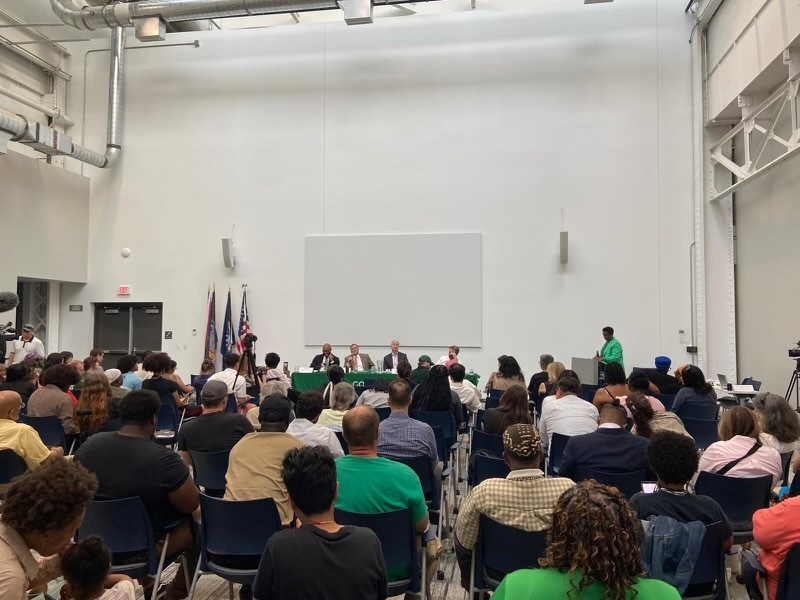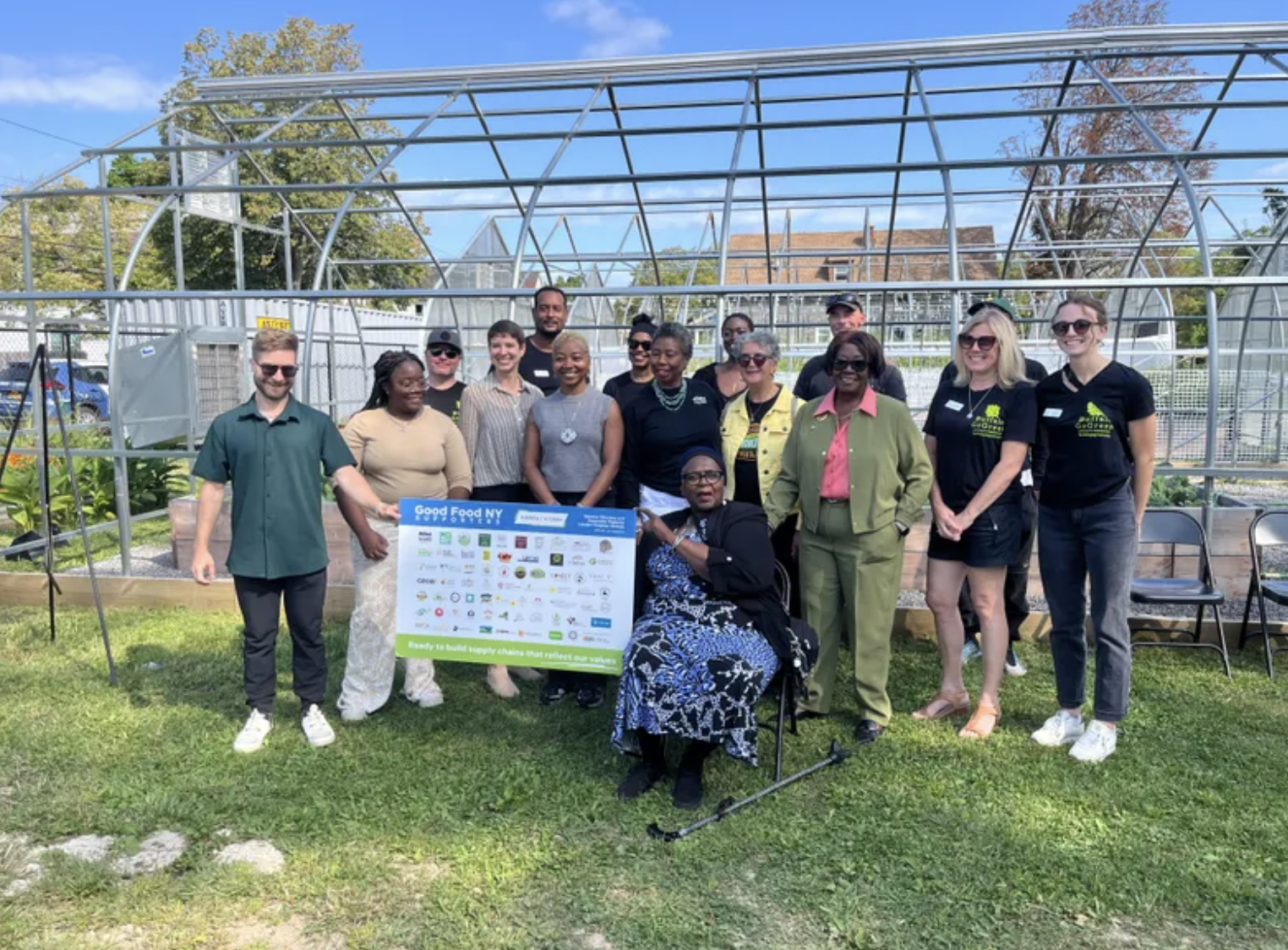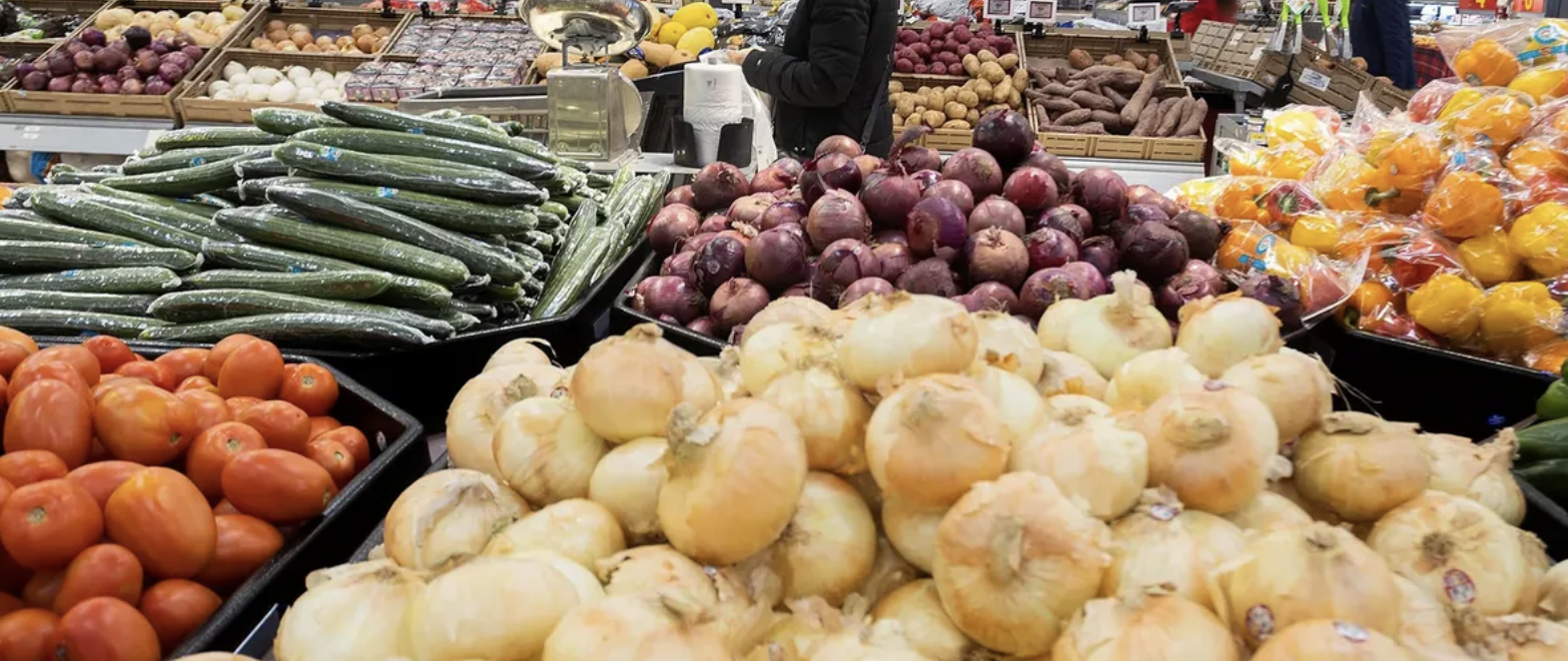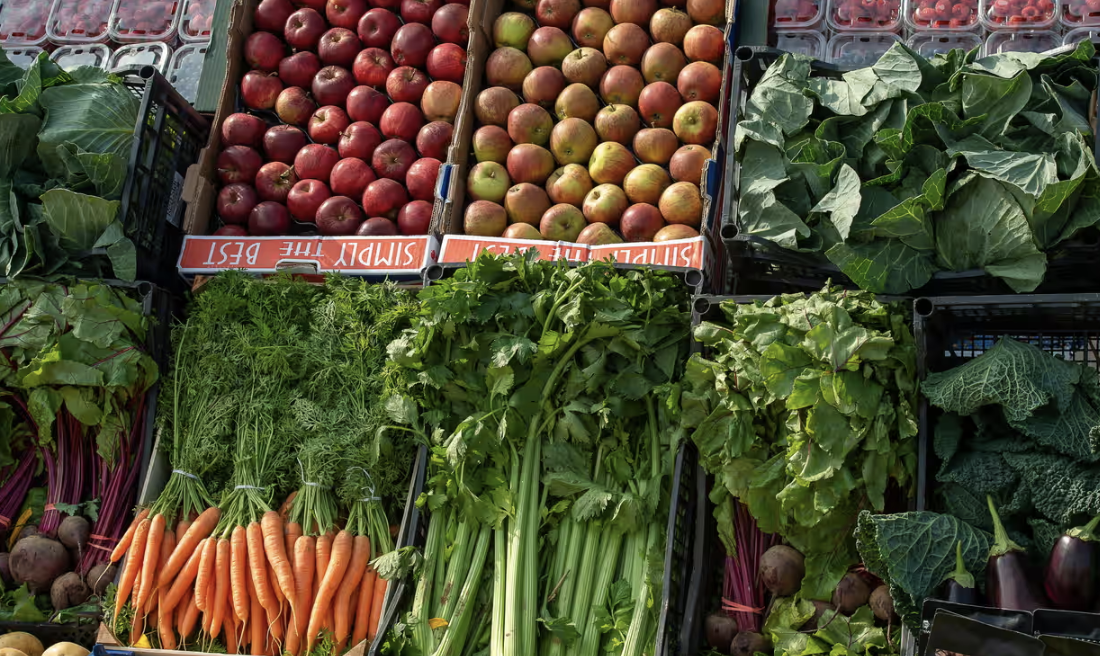Student Research finds Lack of Transparency, Systemic Discrimination in Food Supply System
Photo credit: Photo Beto
Efforts to help direct institutional food purchasing toward more equitable and sustainable food suppliers can be stymied by a lack of transparency and by discriminatory practices that keep minority-owned farms, small-scale producers and frontline workers at a disadvantage.
This issue is spotlighted in a group capstone study by Yale School for the Environment students Erica Hellen MEM ’21, Viola Taubmann MEM ’21, Avery Siler MEM ’22, and Abbey Warner MEM ’22 examining institutional supply chains in Buffalo, New York.
The students worked with the Good Food Communities campaign (GFC), and their partners HEAL Food Alliance, Food Chain Workers Alliance, and the Good Food Buffalo Coalition, and aimed their research at finding out to what degree existing food suppliers to Buffalo’s public institutions, such as hospitals and schools, align with the values of GFC and to identify alternative producers
Nationwide, GFC and the non-profit Good Food Purchasing Program (GFPP) that it complements seek to leverage tax dollars that are spent on food supply contracts and invest in supply chains that provide a living wage to frontline workers, protect communities of color from heavy food polluters, and provide contracts to small producers of color and women.
But one of the barriers that became apparent in examining the suppliers was the lack of public-facing data regarding food suppliers’ processes and workforce. One of the reasons for that is the Buffalo institutional suppliers that the team researched have most of their operations outside of New York State, making labor violations within the state difficult to capture. Additionally, only one supplier the group researched had publicly available demographic information about their workforce. Most of the suppliers did not have GFPP certification, they found.
“The student research team’s findings underscore the need for transparency in food supply chains in order for institutional purchasers to make informed decisions based on food suppliers’ environmental and labor practices,’’ says Kristin Reynolds, YSE lecturer who assigned the project as part of her “Social Justice in the Global Food System Capstone” class. Team members also include Patricia Kwan, master’s student at the Yale School of Management, Sooyong Kwon, a Yale College senior, and Zoe Novic, a master’s student at the Yale School of Public Health.
The lack of transparency the report uncovered is particularly salient, now, as the COVID-19 pandemic has put essential workers, many who are people of color, on the frontlines in food distribution without sufficient workplace protections, Reynolds says.
The students reviewed 46 food suppliers ranging in size and distribution. While a majority fell short of transparency and other GFPP standards, many producers self-certified as meeting similar criteria through their own programs.
“We noticed a lot of effort going into appearing to be a good actor, but these efforts were rarely externally verified,’’ Hellen says.
The mix of types of certifications can be tricky for even well-intentioned consumers and institutional purchasers to parse, and the student researchers say that highlights the critical need for GFC and GFPP certifications as a standard.
In addition to identifying whether existing food suppliers met the GFC and GFPP standards, the student team sought to identify alternative producers that should be included in Buffalo’s institutional food supply chains. But, they found many barriers, including difficulty among minority farmers in accessing capital and financial resources, such as loans and grants to start or scale up production. Other challenges include complex bidding processes that act as barriers against small-scale suppliers, lack of representation of people of color in decision-making bodies, and lack of trust between producers and suppliers.
The number of Black farmers in the U.S. has dropped from more than a million a century ago to 45,000, and they have lost more than 12 million acres of farmland, according to the U.S. Department of Agriculture — whose policies many civil rights advocates say have historically discriminated against Black farmers.
Food hubs, aggregators, and cooperatives may help minority-owned and disadvantaged farmers overcome some of the obstacles blocking them from serving public institutions, the study suggests. And minority-owned food suppliers as well as frontline workers must be positioned as decision makers in the industry.
Going forward, the study recommends that future research and activism “focus on understanding and dismantling these barriers that affect BIPOC producers’ ability to access institutional supply chains and ensuring a more equitable food system in which frontline workers are valued and their needs are prioritized.”
“There’s a lot of work to be done,” Hellen says.
